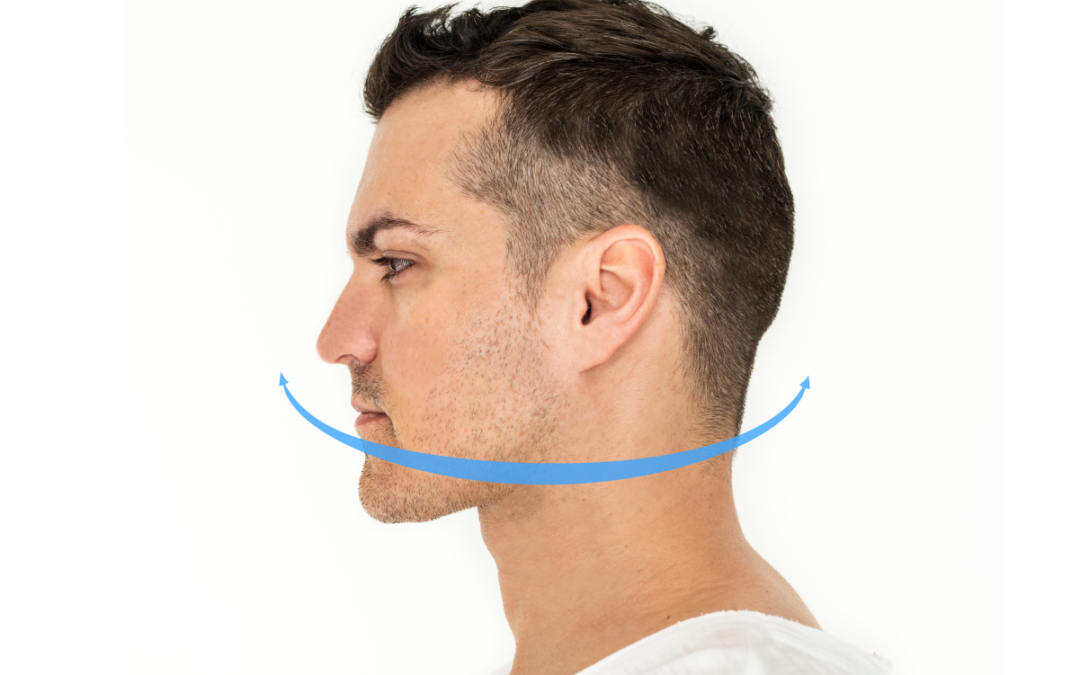1. Case History Questionnaire The first step in this evaluation is a case history questionnaire about your hearing and medical health. Among the questions that await you at this stage of the evaluation: Do you make your interlocutors repeat? Do you have earaches? Have you had ear surgery in the past? Have you been exposed to loud noises at work or elsewhere? Is there a family history of hearing loss? Do you take medication? At this evaluation stage, the questions allow the audiologist to identify some of the risk factors and possible causes of your tinnitus.
2. Questionnaires of disabilities and disturbances caused by tinnitus these questionnaires help determine how much distress you are because of your tinnitus. They also help to assess the disabilities that your symptoms cause in your daily life. Moreover, this tool is very useful for evaluating the effectiveness of a given therapy when comparing the results to the questionnaires before and after the treatment.
3. Anxiety and depression questionnaires these questionnaires allow the audiologist to decide on the state of your psychological health and determine if you have anxiety and / or depression. Although tinnitus may be the source of your anxiety or depression, the opposite may also be true. Thus, in addition to your medical history and the results of the other tests administered, the audiologist can determine your need for the professional support required to manage your tinnitus.
4. Otoscopy The audiologist visualize your ear canals to identify for example a wax plug or a possible dysfunction of the middle ear.
5. Tonal audiometry from 250 Hz to 16,000 Hz tonal audiometry is an objective examination that assesses your hearing. Pure sounds will be presented to you to determine your threshold of hearing to sounds of different tones (frequencies). In case of a hearing loss, this test makes it possible to differentiate between a hyperacusis of neurosensory or conductive nature. Moreover, unlike a traditional auditory evaluation with an audiologist (up to 8,000 Hz), your hearing is evaluated up to 16,000 Hz. This evaluation of the pure high-frequency sounds makes it possible to check if a previously unidentified hearing loss is present.
6. Voice audiometry is a complementary examination to tonal audiometry. While tonal audiometry can identify only hearing, voice audiometry determines understanding and discrimination of speech. This test is very important for cases of hearing aids (hearing aids) and helps in the diagnosis of certain retro cochlear pathologies.
7. Evaluation of the psychoacoustic aspects of tinnitus Assessing the psychoacoustic aspects of your tinnitus is an important step in the exam. The audiologist will ask you questions about the timing of tinnitus, activities that amplify or muffle your symptoms and the characteristics of the sounds you hear. Then, the audiologist makes you hear different sounds to identify as much as possible the type (pure sounds vs noises), the tone (frequency) and the subjective intensity (volume) of the tinnitus that you suffer from. This pairing step of your tinnitus helps to make your symptoms “real”. Finally, the audiologist assesses the measurability of your tinnitus and seeks to determine the sounds and sounds of everyday life that most effectively dull your tinnitus. This evaluation step is part of the professional’s approach to propose a personalized treatment plan.
8. Tympanometry and stapedial reflexes these tests make it easier to diagnose diseases of the middle ear. In fact, these tests complement visualization of the external auditory canals and tonal audiometry to detect dysfunctions of the middle ear and the central auditory pathways attached to it.
9. Oto-emission-acoustics (OAS) In the case of a sensorineural hearing loss, this test allows the audiologist to determine if the hair cells of the cochlea are damaged. This may be useful in the professional’s approach to identify the origin of your tinnitus.
10. Tests for somatic tests the administration of this battery of somatic tests allows the audiologist to determine if the temporomandibular joint or cervical dysfunction could be the cause of your symptoms.

 1.800.909.ODYO
1.800.909.ODYO support@odyo.ca
support@odyo.ca Online
Online  Shop
Shop  Blog
Blog 









